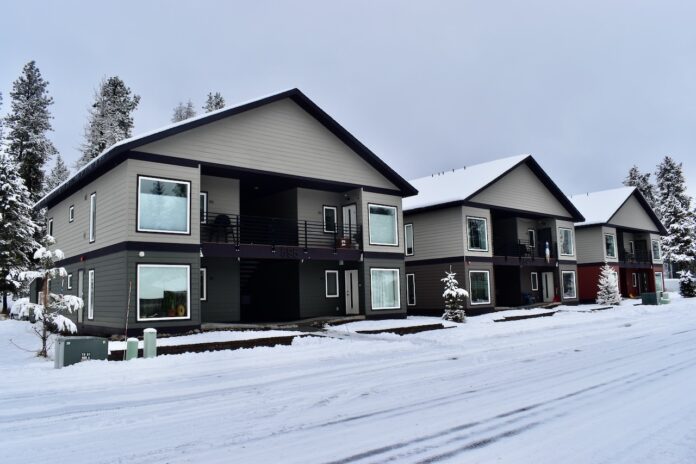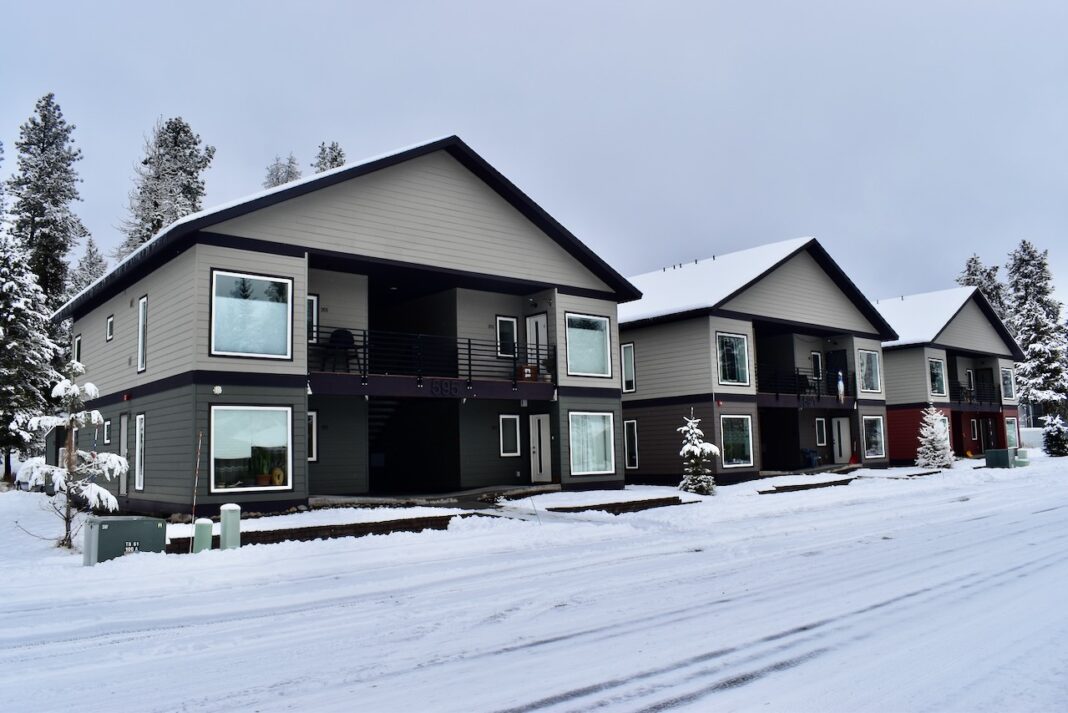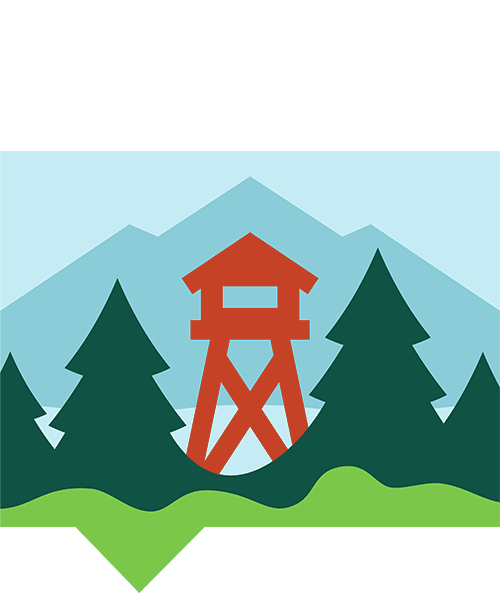A McCall housing program could soon offer developers $20,000 incentives to build affordable housing.
The proposed incentives were aired last Thursday to the McCall City Council during a five-year review of a housing program adopted by the city in 2019.
So far, the program has produced 16 homes that are deed-restricted for local workers, senior citizens, or people with disabilities, with 45 more units approved for construction. Developers receive $10,000 in development incentives for each deed-restricted unit, under the program.
However, while the homes are deed-restricted for these groups, they are still priced based on market rate, making them unaffordable for many local workers, said Adrienne Quinn, a housing consultant hired by the city.
New affordability incentives proposed by Quinn would create rental units priced for households making $35,000 or less per year and sale prices targeted at families making about $93,000 per year.
“We’re talking about 50% of area median income for rentals, because that’s the general rental market, and we’re talking about 100% of area median income for home ownership,” she said.
Rental housing
Quinn proposed offering developers a $20,000 incentive for each rental unit that is built with permanent covenants for affordability and local occupancy.
The incentives would be paid by the city in the form of building fee waivers or public infrastructure cost offsets, such as sidewalks and city water connections.
In exchange, the developer would place restrictive covenants on the unit that guarantee affordable rental rates and local occupancy, regardless of who owns the units.
Income qualifications and rental rates for the units would be set and regularly adjusted by the U.S. Department of Housing and Urban Development based on economic conditions in Valley County.
“It’s something that McCall would not have to invent,” Quinn said.
For 2024, the rates set by HUD for Valley County range from $853 per month for a one-bedroom unit to $1,592 per month for a six-bedroom unit.
Without donors like you, this story would not exist.
Make a donation of any size here
The lower rates could help reduce an estimated 38% of McCall workers who could not afford rent in 2022, based on median rental prices and U.S. Census Bureau data.
Many of the workers who could benefit from the affordable rates spend more than 30% of their income on housing and work for restaurants and resorts that form the foundation of McCall’s tourism economy, Quinn said, citing data from the Idaho Department of Labor.
“These are people who are called ‘severely rent burdened,’” she said. “They’re not gonna be able to pay for food, medicine, and other things.”
Affordable homeownership opportunities
Quinn proposed a separate $20,000 incentive for developers to build single-family homes with sales prices attached to median family incomes for McCall. For 2024, that would mean sales prices ranging from about $440,000 up to $500,000.
The $500,000 price tag would be 39% less than the average 2024 listing price for single-family homes in McCall and within reach for families making about $93,000 per year, Quinn said.
However, Quinn noted that the $20,000 incentive would likely need to be paired with other incentives to make the program attractive for developers.
“We would need to link it to other programs because the $20,000 is not going to be enough to buy down an $815,000 unit to something that’s affordable at $500,000,” she said.
Quinn suggested creating an incentive for developers to build 1,000-square-foot homes, which would leave developers room for profit with a $500,000 sales price, based on current construction costs.
Other strategies could also be necessary, such as using long-term leases of city land for affordable housing and partnering with other organizations and nonprofits to create incentives, Quinn said.
Council likes affordability incentives, mixed on other changes
Council members were receptive to the new affordability incentives, which will be revised and brought back to a future meeting for further consideration.
“I really like adding an affordability component,” council member Julie Thrower said. “One thing I hear from a lot of community members is ‘how is this local workforce housing if it’s not affordable?’”
Council member Colby Nielsen agreed with Thrower, but worried a longer residency requirement proposed by Quinn could leave seasonal workers with nowhere to go.
Tenants of units under the city’s housing program are currently required to live in the units for at least six months per year. Quinn recommended changing that requirement to nine months to better align with the housing program’s stated goal of “creating a year-round community.”
“There’s a segment of our community that lives here for six months a year. A lot of our seasonal workers are like that,” Nielsen said. “I would consider them part of our community.”
Meanwhile, Nielsen and council member Mike Maciaszek questioned a recommendation to ban people who buy the affordable homes from renting them out to people who qualify instead of occupying the homes themselves.
Maciaszek pointed to extenuating circumstances, such as a sick family member, that could force the owner of an affordable home to move away from McCall for a year or two.
“Whether it’s a rental or somebody buys it, I don’t care,” he said. “What I care about is that somebody (who meets the qualifications) can have a place to live.”
McCall Mayor Bob Giles favored the rental restriction and warned that the city’s affordable housing program could “creep” toward only providing rental opportunities if the change is not made.
“We are trying to provide home ownership,” Giles said. “Not just rentals, but home ownership.”
Quinn said the rental restriction was proposed to prevent the purchase of deed-restricted units as an investment and also noted that the incentive programs for rental units and ownership units target different income levels.
“If you decide to provide opportunities for people to convert the property, we just have to make sure we do some more thinking about what the rent structure would look like to make sure it’s meeting the community need,” she said.






